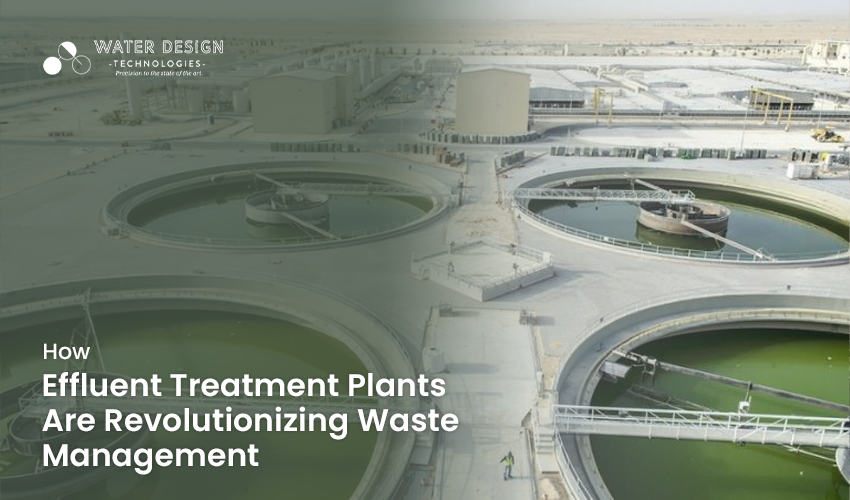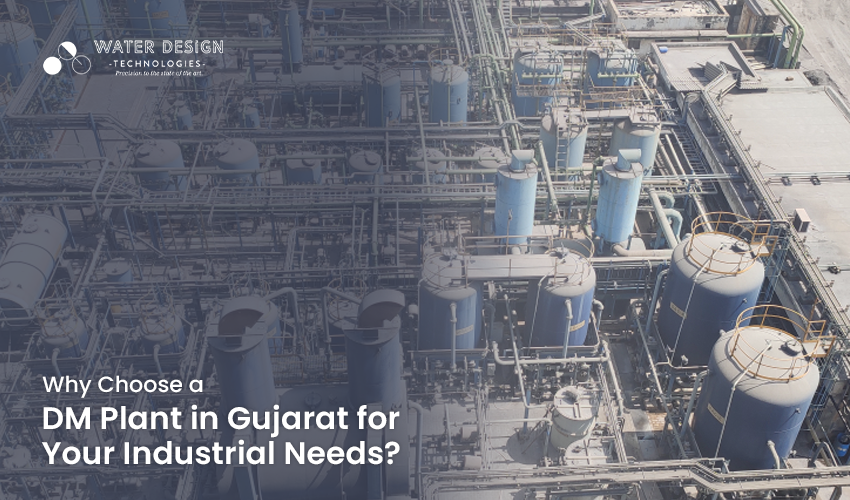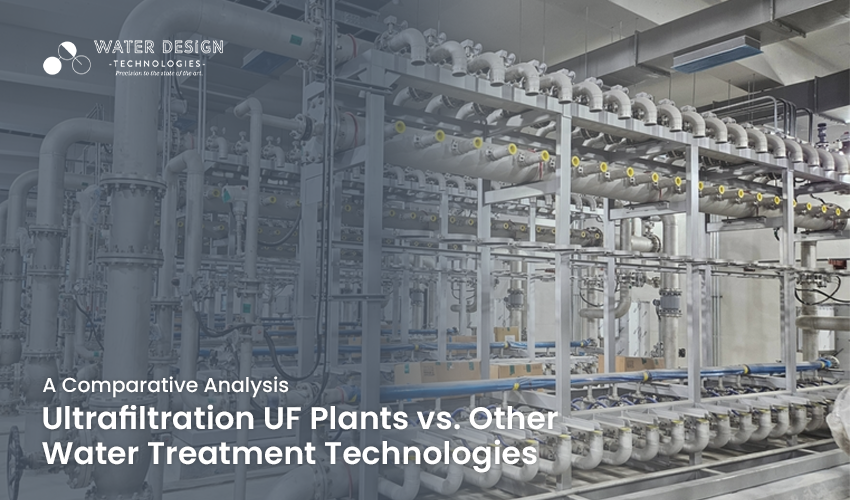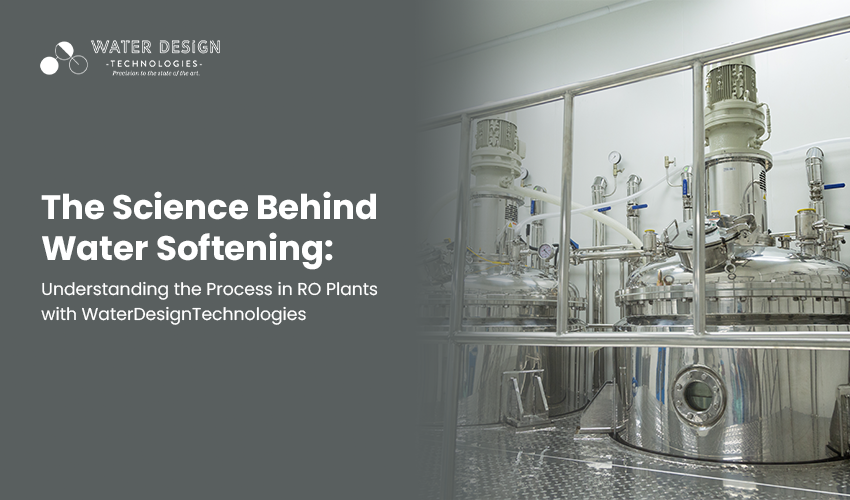Effluent treatment plants (ETPs) are transforming the landscape of waste management by providing efficient solutions for treating industrial and municipal wastewater. These systems are crucial in minimizing the environmental impact of effluents and ensuring compliance with regulatory standards. Here’s a closer look at how effluent treatment plants are revolutionizing waste management.
Understanding the Effluent Treatment Plant Process
The effluent treatment plant process involves several stages designed to remove contaminants from wastewater before it is discharged or reused. The process typically includes:
- Pre-Treatment: This initial phase removes large solids and debris from the wastewater through screening and sedimentation. It prepares the effluent for more advanced treatment stages.
- Primary Treatment: In this stage, physical processes like sedimentation and flotation are used to remove suspended solids and organic matter from the effluent.
- Secondary Treatment: This biological treatment phase utilizes microorganisms to break down organic pollutants. Techniques such as activated sludge processes or trickling filters are commonly used.
- Tertiary Treatment: The final stage involves advanced treatment methods to remove remaining contaminants, including chemicals and pathogens. This may involve filtration, chemical treatment, or advanced oxidation processes.
- Sludge Treatment: The sludge generated during the treatment process is further processed to reduce its volume and make it suitable for disposal or reuse.
The Impact of Industrial Effluent Treatment Plants
Industrial effluent treatment plants play a crucial role in managing wastewater from various industries, including textiles, pharmaceuticals, and chemicals. These plants are designed to handle complex effluents with high levels of pollutants, ensuring that the treated water meets environmental standards. By effectively treating industrial effluents, these plants prevent pollution, conserve water resources, and protect public health.
Innovations in Effluent Treatment Plants
Modern effluent treatment plants are incorporating advanced technologies to enhance their efficiency and effectiveness. Innovations such as membrane bioreactors, electrochemical treatments, and real-time monitoring systems are making it easier to manage and treat effluents. These advancements ensure that ETP can handle a wider range of contaminants and provide higher-quality treated water.
Choosing the Right Effluent Treatment Plant Manufacturer
Selecting the right effluent treatment plant manufacturer is essential for ensuring the success of your waste management strategy. Key factors to consider include the manufacturer’s experience, technology offerings, and support services. Look for a manufacturer with a proven track record and the ability to customize solutions based on your specific needs.
In Gujarat, where industrial activities are extensive, finding a reliable effluent treatment plant manufacturer is crucial. Companies like Water Design Technologies offer a range of advanced effluent treatment solutions tailored to various industrial applications.
Ready to upgrade your waste management system? Explore our cutting-edge effluent treatment plants designed for efficiency and sustainability. Explore our Water Treatment Technologies to find the perfect solution for your needs.







